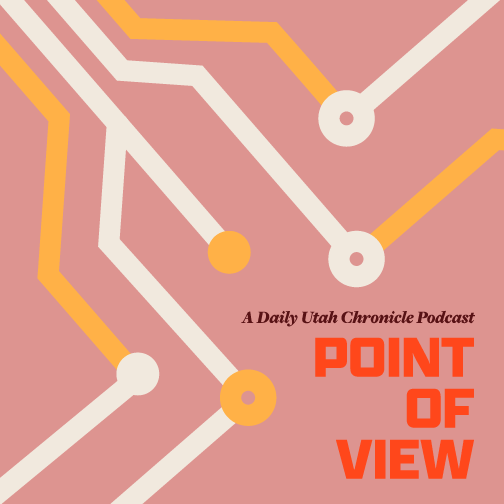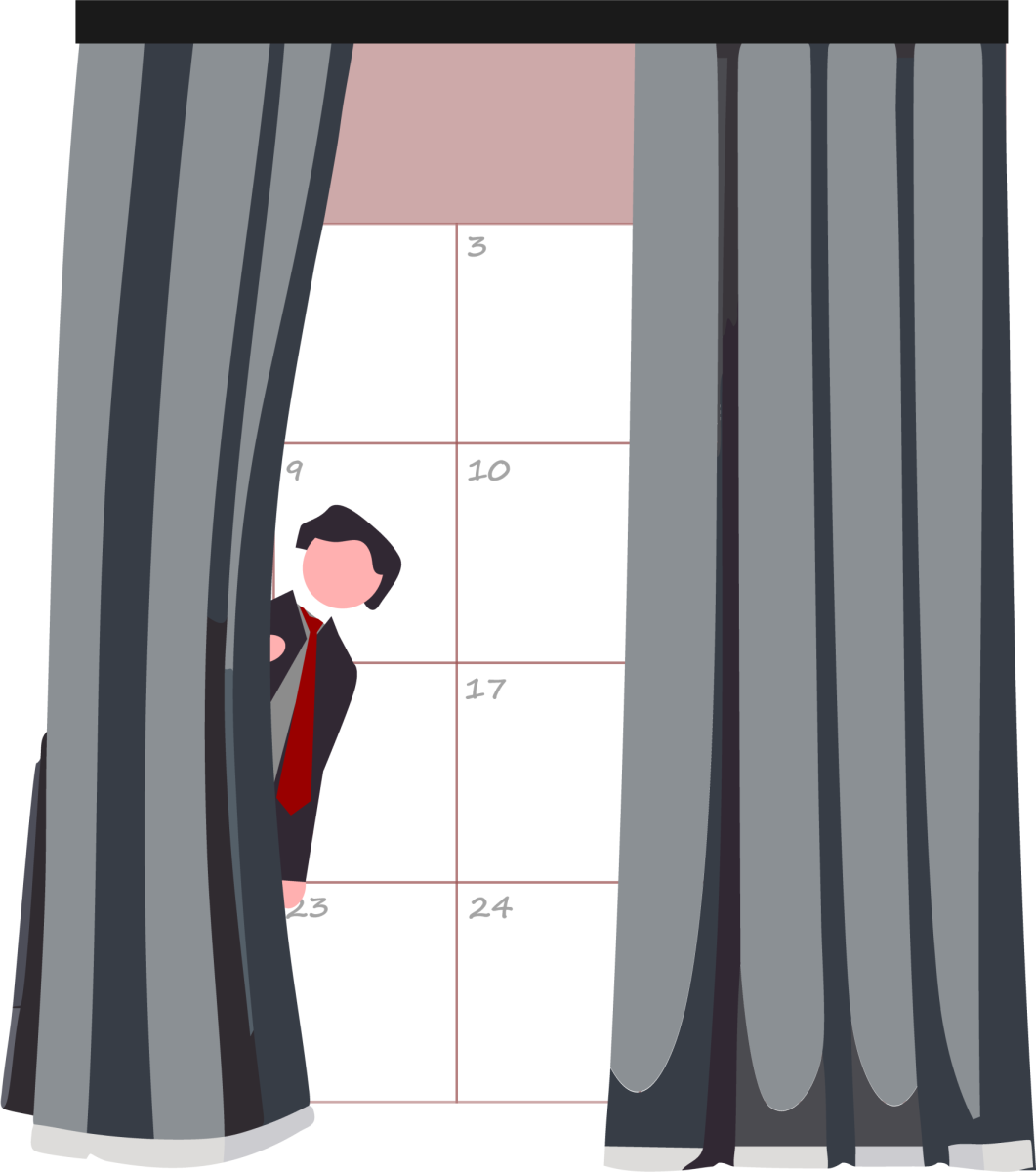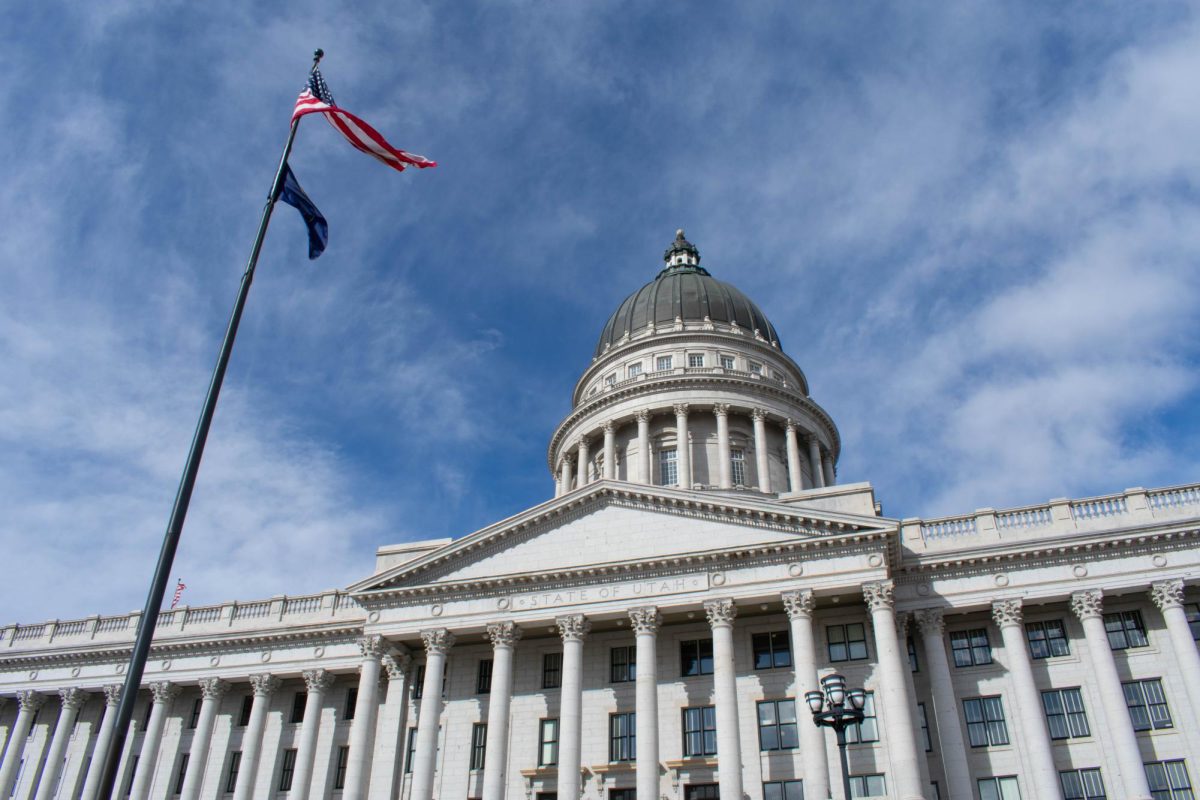Amy Meyer, a Utah resident and animal rights activist, had heard that struggling cows at a Draper slaughterhouse could be observed while standing from public property. So, Meyer took her cell phone and went to see for herself.
What Meyer saw horrified her. On Feb. 8, 2013, upon reaching the slaughterhouse, she observed “piles of horns” from slaughtered cows, and “flesh being spewed from a chute on the side of the building [the slaughterhouse],” according to a statement sent to The Salt Lake Tribune.
Meyer watched a sick cow be loaded and carried by a tractor like “nothing more than rubble.” As cows were being loaded into the slaughterhouse, Meyer said they struggled to turn around once they “smelled and heard the misery that awaited them inside.”
Meyer observed all of this from public property and began filming. Before long, she was met by a slaughterhouse employee who told her she was not allowed to film or photograph any of the facility’s operations.
Soon after, police arrived and notified Meyer that she was being charged with a class B misdemeanor for agricultural operation interference.
The agricultural operation interference law, or “ag-gag” as known by its critics, was passed in 2012 by the Utah State Legislature and was sponsored by Rep. John G. Mathis and Sen. David P. Hinkins, who are both Republican.
Mathis told legislators he was sponsoring the bill to put a stop to “animal rights terrorists” who attack the agricultural industry. During a meeting, Mathis boasted, “It’s fun to see my good ag [agriculture] friends in this committee,” and that “all my good friends are here.”
The ag-gag law states that a person is acting illegally if the person “records an image of, or sound from, an agricultural operation under certain circumstances.” Additionally, ag-gag makes it illegal to obtain access or employment at an agricultural operation under false pretenses.
In 2013, Meyer became the first individual charged under the 2012 law. The incident gained significant attention from the media and public once it was picked up by environmental groups.
“These bills have one purpose: keep consumers in the dark,” wrote Will Potter for Green is the New Red, an animal rights blog. “Rather than respond to video footage of animal cruelty with across-the-board reforms, the industry is trying to turn off the cameras.”
In April 2013, the charges against Meyer were dropped.
Ag-gag received a final, fatal blow in July 2017 when a federal judge ruled it unconstitutional.
In a lawsuit brought on by Meyer, the Animal Legal Defense Fund and PETA, U.S. District Judge Robert Shelby ruled the law violates First Amendment protections of free speech.
“Utah undoubtedly has an interest in addressing perceived threats to the state agricultural industry, and as history shows, it has a variety of constitutionally permissible tools at its disposal to do so,” wrote Shelby. “Suppressing broad swaths of protected speech without justification, however, is not one of them.”
Indeed, it isn’t. In the hands of the public, cameras are tools for democracy. In the hands of activists, they are ammunition for corporate and government accountability, allowing concerned citizens to act as lay journalists, documenting and exposing injustice as they see it.
With all the frenzy and cynicism that occupies the discourse of technology, its accessibility and democratizing power is a sobering positive. Utahns should follow Meyer’s example and not be intimidated by the threats of corporate conglomerates and state representatives with vested interests.























Emma • Aug 23, 2017 at 11:06 am
Excellent piece, Connor.